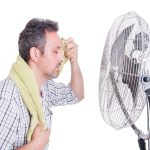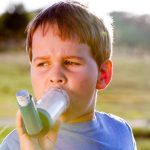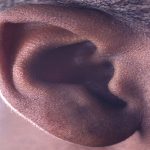
New research is untangling the complex relationship between symptoms of depression and losses in memory and thinking that often emerge together with Alzheimer’s disease. In fact, the new data suggests that “depression symptoms themselves may be among the early changes in the preclinical stages of dementia syndromes,” explained study lead author Dr. Jennifer Gatchel. She works in the division of geriatric psychiatry at Massachusetts General Hospital in Boston. In the study, researchers examined brain scans and other data gathered over seven years from 276 older adults enrolled in the Harvard Aging Brain Study. All of the participants were still living independently in the community at the beginning of the study and were considered healthy. However, the analysis revealed a significant link between worsening depression symptoms and mental decline over two to seven years, and both of these trends seemed to be linked to a buildup of amyloid protein in brain tissue. The slow accumulation of amyloid has long been known as a hallmark of Alzheimer’s disease. “Our research found that even modest levels of brain amyloid deposition can impact the relationship between depression symptoms and cognitive [thinking] abilities,” Gatchel said in a hospital news release. The new insight that depression symptoms might be part of the Alzheimer’s process could further research into the prevention or treatment of the illness, she added. It “raises the possibility… read on >



























-300x200.jpg)










